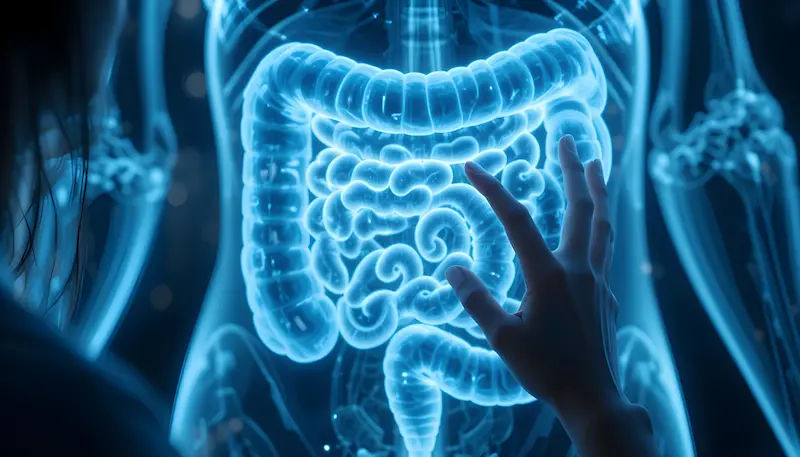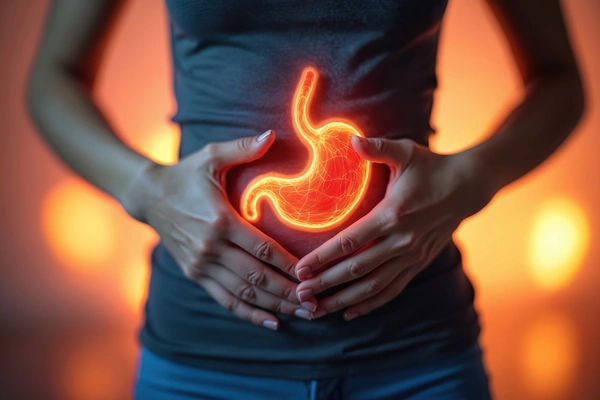- Female
- 29 Years
- 20/02/2025
I was just diagnosed with gastroesophageal reflux disease last week and I'm dealing with this burning pain on the left side of my back around the breastbone and I'm also having shortness of breath. The doctor said it's GERD and I'm on medication, which is helping, but I'm still facing this breathing issue. Every 10 minutes or so, I feel like I need to take a deep breath or else there's this pressure and tightness in my chest. My blood tests came back normal with an HB of 13. Why do I feel like taking a deep breath every 10 minutes? Could you suggest any breathing exercises or regular exercises that might help with this?
More Gastroenterology/GI medicine Health Queries
View allI was wondering if you could help me with something. Last night, I felt something moving in my anus after going to the toilet. There's also this little pain I've been experiencing in my lower left stomach and groin area. Sometimes it even feels like there's some kind of obstruction when I'm trying to have a bowel movement or when I urinate. Can you help me figure out what's going on?
The sensation of something moving in your anus, accompanied by pain in the lower left stomach and groin area, and occasional obstruction during bowel movements or urination, may indicate a possible rectal prolapse, hemorrhoids, or anal fissure; schedule an appointment with a gastroenterologist,
read more![Doctor 1]()
![Doctor 2]()
Answered by 1 Apollo Doctors
I'm really worried because my husband found a red worm in his stool and he does eat a lot of sweets. Is this something to be concerned about? What should we do?
he needs deworming ,use albendazole 1st dose folloed by 2nd dose atsecond week if it still persisits consult your doctor
read more![Doctor 1]()
![Doctor 2]()
Answered by 1 Apollo Doctors
I'm really worried about my health and could use some advice. I've been dealing with Spleenomegaly and Portal Vein Hypertension for the past four years, and on top of that, I've got esophagus varices. I recently had EVL banding done twice, but honestly, I haven't noticed any improvement. I'm just not active at all, and it's really bothering me. Can you help me understand the root cause of all this and what might be a permanent solution?
refer to gastroenterologist and get an endoscopy done
read more![Doctor 1]()
![Doctor 2]()
Answered by 1 Apollo Doctors
Disclaimer: Answers on Apollo 247 are not intended to replace your doctor advice. Always seek help of a professional doctor in case of an medical emergency or ailment.



